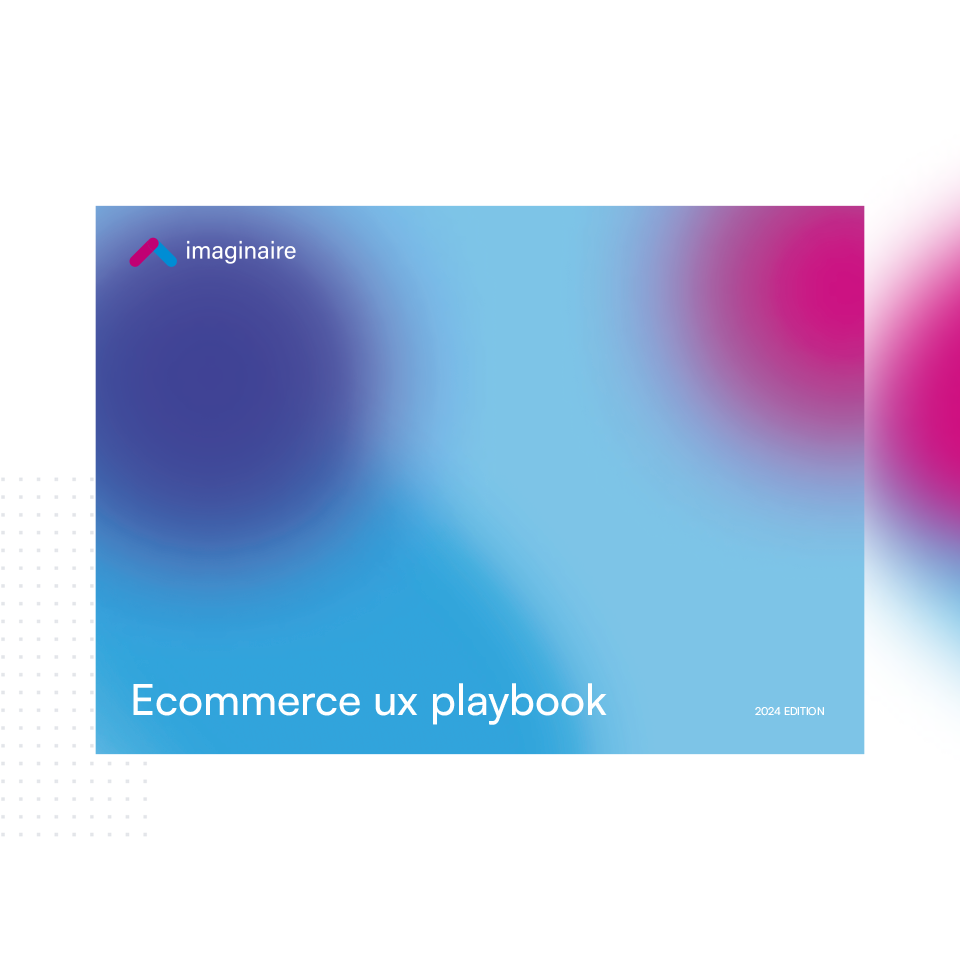With 4.8 billion social media users worldwide, these platforms come with a need to create order, relevancy and effective content distribution. Social platforms have become so mundane that it is being flooded with new content every single day, and algorithms therefore becoming a necessity for brands, creators, marketers and general users.
Find out more about why your business needs a social media presence here.
These algorithms are constantly changing in line with customer and business demands, playing a massive role in social media rankings, profile growth and exposure. But how do they work with all the different platforms out there and how do you optimise your content to increase engagement and social success?
What are social media algorithms?
Put simply, an algorithm is a set of processes and rules that social media platforms and online communities use to determine how content is displayed, organised and distributed to users. Designed to optimise engagement, satisfaction and interaction, algorithms play a significant role in shaping content on the platform feed and boosting communication.
Although this might seem like a good thing, brands and users can become frustrated with the constant change of how algorithms work as this can put certain content at risk of being hidden from feeds if it does not meet the current criteria. Social platforms are continuously tweaking their algorithms to improve their user experience and provide high-quality, relevant content, meaning businesses must also tweak their marketing strategies.
Key aspects of social media algorithms
- Content ranking and display
- User Engagement
- Personalisation
- Quality and authenticity
- Ad targeting
- Connection suggestions
- Recent Activity
It’s important to note that the specifics of social algorithms can change over time and can vary between platforms, meaning you will need to analyse a specific platform in order to meet their standards and get content at the very top of the algorithm!
Types of social media algorithms
The main platforms to look at when it comes to algorithms are Facebook, Linkedin, Tiktok, Twitter and Instagram, each one offering an everchanging algorithm and methods of ranking content and users.
Facebook algorithm
Customer engagement is one of the key features of Facebook and is amplified through their algorithm to intensify the importance of local, familiar posts, focusing less on business and advertisement. Made up of the four ranking signals; popularity, content type, relationship and recency, the Facebook algorithm has changed numerous times over the years which has made it increasingly more difficult to get organic posts in the limelight.
Key tips for working with Facebook algorithms include:
- Building connections through replies, comments and queries
- Encourage responses
- Utilise the story feature
- Create live videos
- Monitor external content
TikTok algorithm
Taking a more personalised approach, the Tiktok algorithm works by categorising videos for the ‘ for you ‘ page by using specific interactions and video features. The most exciting thing about Tiktok is that it provides diverse content from a number of different users, brands and creators, making it a valuable platform for marketers who want to engage with a wider demographic. Tiktok uses user interaction, video captions and hashtags and device settings to ultimately bring you relevant content that you have already shown interest in.
Twitter algorithm
When it was first introduced in 2006, Twitter ranked posts according to the timeline, focusing on the date and time rather than the actual content. Today, Twitter has taken a different approach and now considers a range of other factors such as recency, virality, relevance, geographical location and personal interests.
Linkedin algorithm
LinkedIn is a social networking platform dedicated to networking and is home to thousands of business accounts and CEOs worldwide. LinkedIn has developed an algorithm that is based on connection and engagement, meaning the quality of the content is key. To get ahead of the LinkedIn algorithm, here are a few key tips to include in your content/posts.
Read more: using LinkedIn for business.
- Utilise hashtags
- Use video marketing
- Focus on comments and engagement
- Create engaging content
- Build a network of relevant people
- Invest in LinkedIn ads
- Analyse your content through analytics
Instagram Algorithm
Similar to Twitter, when Instagram was first launched, the algorithm was based on chronology, focusing on the time of the post. In 2021, Instagram went through a major algorithm update, focusing on interest, relationships, following, session times, time posted and user sessions.
Why do social algorithms change?
Social algorithms change for a variety of reasons, driven by both the goals of the platform operators and the evolving needs and behaviours of their users. Some of the main reasons for algorithm changes include user engagement and retention, adaption for behaviours, avoiding spam content, evolving formats and features, competitors, ad revenue, data collection, user feedback, platform analysis and ethical considerations.
It’s important to note that algorithm changes can have positive and negative effects. While they can improve user experience by showing more relevant content, they can also inadvertently create echo chambers, spread misinformation, and influence public discourse.
Social media marketing agency in Nottingham, serving the rest of the UK
Are you a small or medium business looking to invest in social media marketing? We have a team of social experts who can take your online presence to the next level.
Head to our social media services page to see what we can offer you. From ads management to influencer outreach, Imaginaire is here to help support your business goals on social media through the engineering, construction, jewellery, retail and luxury e-commerce sectors.
Need any more help on all things social media or marketing in general? Drop us a message and our team will be in touch.
